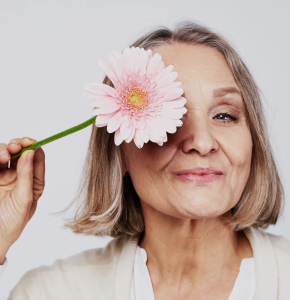Meet Dr. Rahima Hirji, ND
Doctor of Naturopathic Medicine
Dr. Rahima Hirji, ND, is a Naturopathic Doctor and founder of Sage Naturopathic Clinic. She is dedicated to providing personalized, effective care to her patients. With over 20 years of experience, Dr. Hirji has developed a specialized skill set in treating women’s health, and also focuses on managing Irritable Bowel Syndrome (IBS).
In her practice, Dr. Hirji combines therapies such as nutrition, supplements, intravenous therapy, lifestyle coaching and Hormone Replacement Therapy to offer complete care for a variety of women’s health concerns including infertility, PCOS, endometriosis, and PMS.


















